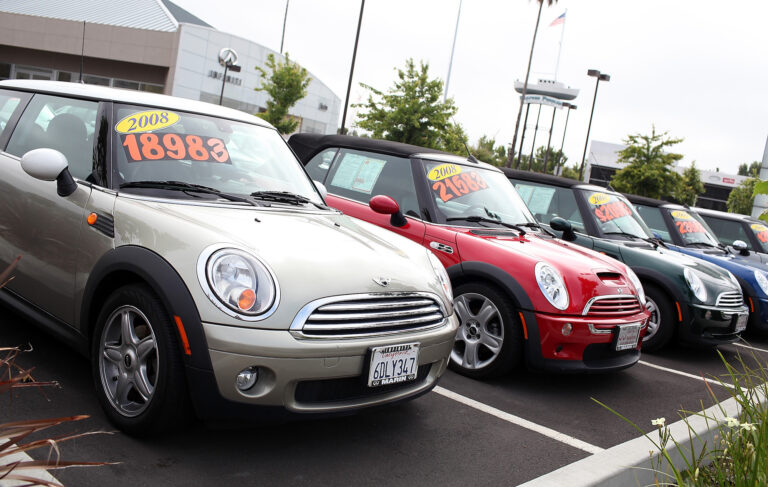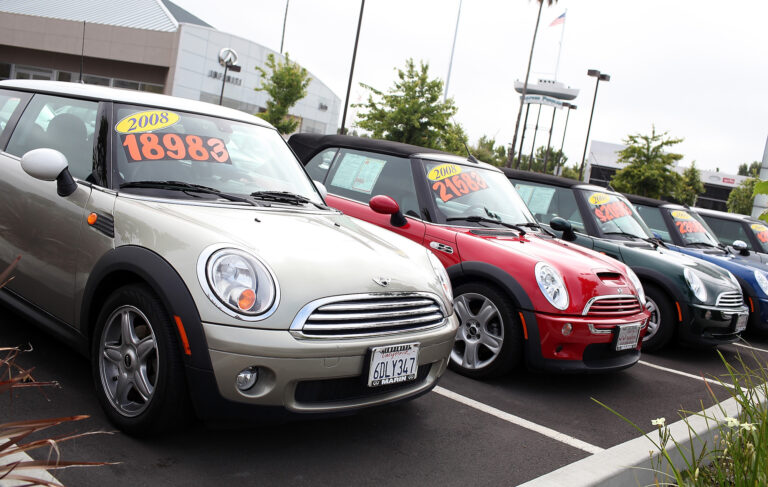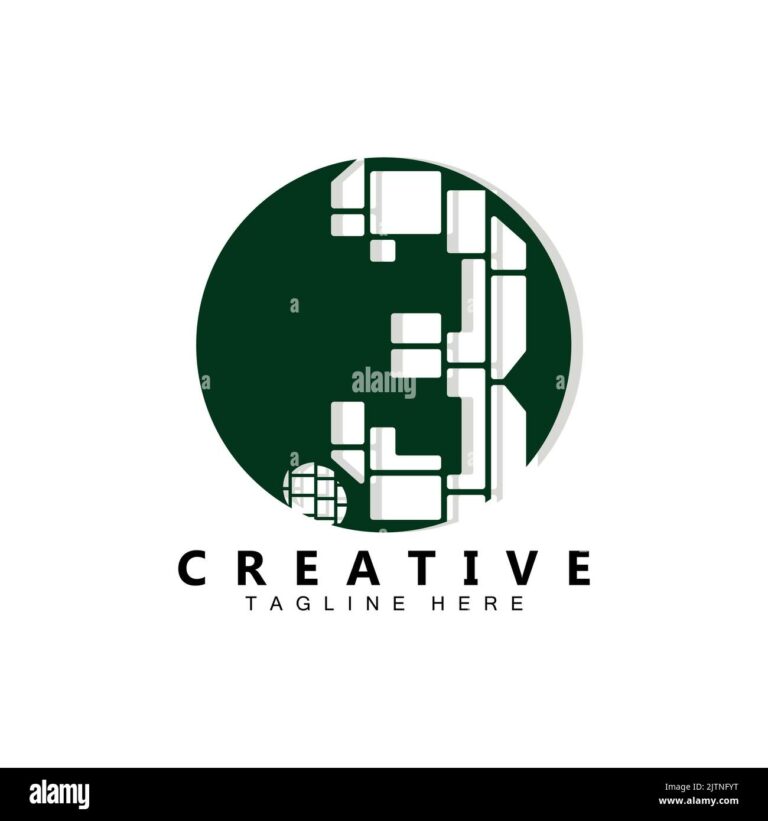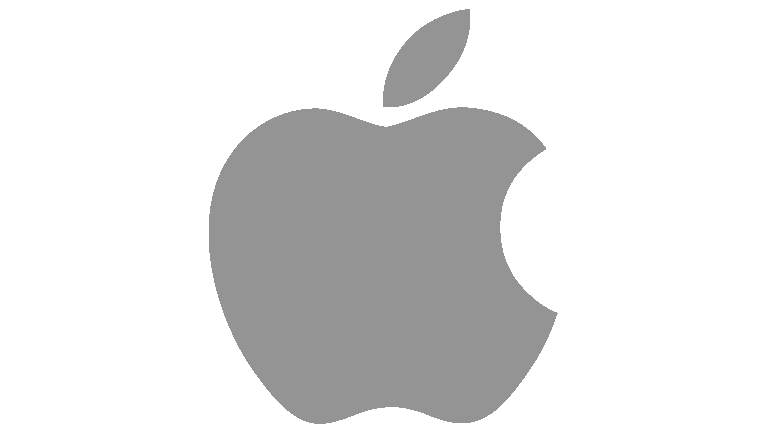Good Rim Brands For Cars: Elevating Performance, Aesthetics, and Safety
Good Rim Brands For Cars: Elevating Performance, Aesthetics, and Safety cars.truckstrend.com
The wheels of a car are far more than just a means to attach tires to the axle. Commonly referred to as "rims" in popular parlance, these crucial components are the very foundation upon which your vehicle’s performance, safety, and aesthetic appeal rest. From the sleek lines of a luxury sedan to the rugged stance of an off-road beast, the choice of rims significantly impacts how a car looks, feels, and performs. Selecting "good" rim brands isn’t merely about finding something shiny; it’s about investing in engineering excellence, durable materials, and a design philosophy that complements your vehicle and driving style.
In a market flooded with countless options, understanding what constitutes a good rim brand, why it matters, and which brands consistently deliver on their promises is paramount. This comprehensive guide will navigate the intricate world of automotive rims, helping you make an informed decision that enhances your driving experience and ensures the longevity of your investment.
Good Rim Brands For Cars: Elevating Performance, Aesthetics, and Safety
Why Brand Matters: The Undeniable Benefits of Quality Rims
When it comes to car rims, the brand often signifies a commitment to quality, research, and development. Opting for a reputable brand offers a multitude of benefits that go far beyond surface-level aesthetics:
- Superior Performance: High-quality rims, particularly those designed for performance, are often lighter and stronger than their budget counterparts. Reduced unsprung weight (the weight not supported by the suspension) leads to improved handling, quicker acceleration, better braking, and enhanced fuel efficiency. Lighter wheels allow the suspension to react more effectively to road imperfections, providing a smoother ride and better tire contact.
- Enhanced Durability and Safety: Reputable brands utilize advanced manufacturing processes and premium materials, resulting in rims that are more resistant to bending, cracking, and corrosion. This durability translates directly to safety, as a compromised rim can lead to tire de-beading, loss of control, or catastrophic failure, especially at higher speeds or under stress from impacts.
- Precision Engineering and Fitment: Good brands invest heavily in precise engineering, ensuring that their rims meet exact specifications for bolt patterns, offsets, and hub bore sizes. This precision guarantees proper fitment, which is crucial for preventing vibrations, uneven tire wear, and potential interference with braking or suspension components.
- Aesthetics and Resale Value: A well-designed set of rims from a respected brand can dramatically transform a vehicle’s appearance, giving it a customized, premium look. This aesthetic upgrade can also contribute positively to the car’s resale value, making it a worthwhile investment.
- Warranty and Customer Support: Reputable manufacturers stand behind their products with comprehensive warranties and accessible customer support. This provides peace of mind, knowing that you’re covered in case of manufacturing defects or unexpected issues.
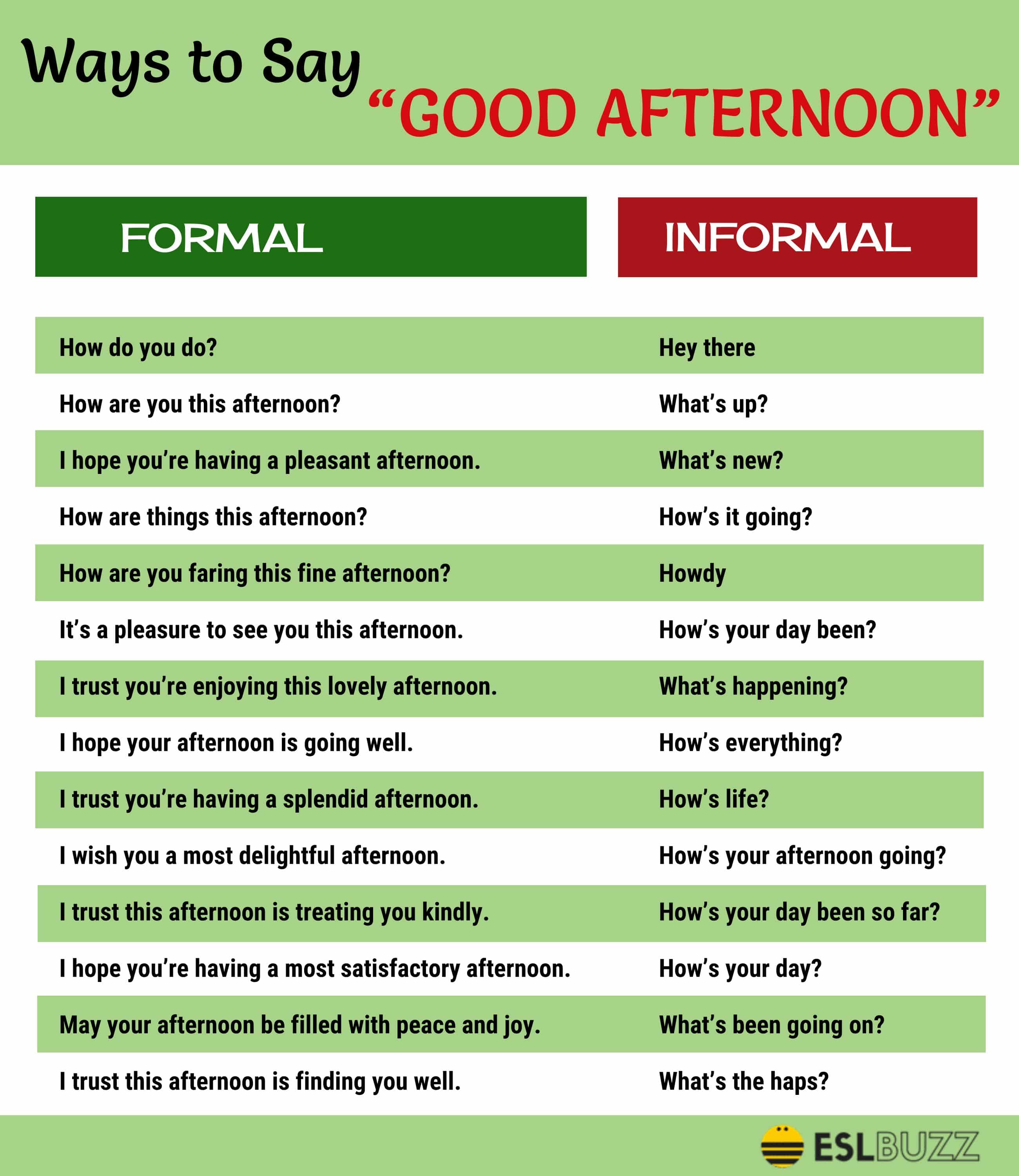
Key Factors to Consider When Choosing Rims
Before diving into specific brands, understanding the fundamental characteristics of rims will empower you to make an educated choice:

Material and Construction:
- Alloy (Aluminum Alloy): The most common choice for aftermarket and OEM rims. They are lighter than steel, offer better heat dissipation for brakes, and allow for intricate designs.
- Cast: Molten aluminum is poured into a mold. Most affordable, but less dense and strong.
- Flow-Formed (Rotary Forged): A cast wheel is spun and heated, and pressure is applied to the rim barrel, making it denser and stronger like a forged wheel, but at a lower cost. Excellent strength-to-weight ratio.
- Forged: Solid aluminum is heated and pressed into shape under extreme pressure. This creates a very dense, strong, and lightweight wheel, but it’s the most expensive process.

- Steel: Heavy and less attractive, but highly durable and affordable. Common for winter wheels or heavy-duty applications like trucks and trailers.
- Carbon Fiber: Extremely lightweight and strong, but prohibitively expensive and prone to shattering upon significant impact. Primarily used in high-performance racing applications.
- Alloy (Aluminum Alloy): The most common choice for aftermarket and OEM rims. They are lighter than steel, offer better heat dissipation for brakes, and allow for intricate designs.
-
Size (Diameter & Width):
- Diameter: Measured in inches (e.g., 17-inch, 20-inch). Larger diameters often accommodate larger brake systems and can enhance aesthetics, but may lead to a harsher ride due to lower profile tires.
- Width: Measured in inches (e.g., 7-inch, 9-inch). A wider rim can accommodate a wider tire, increasing the contact patch for better grip and stability, but must be compatible with your vehicle’s fender clearance.
-
Offset and Bolt Pattern:
- Offset: The distance from the mounting surface to the centerline of the wheel. Positive, negative, or zero offset determines how far the wheel sticks out or tucks into the fender. Incorrect offset can cause rubbing, affect steering geometry, and put undue stress on bearings.
- Bolt Pattern (PCD – Pitch Circle Diameter): The number of bolt holes and the diameter of the circle on which they lie (e.g., 5×114.3mm). This must exactly match your vehicle’s hub.
-
Purpose/Driving Style:
- Daily Driving: Focus on durability, ride comfort, and moderate weight.
- Performance/Track: Prioritize lightweight, strength (forged or flow-formed), and brake clearance.
- Off-Road: Emphasize extreme durability, impact resistance, and often bead-lock capability for low tire pressures.
- Luxury/Show: Aesthetics and unique finishes might take precedence over extreme performance benefits.
Top Good Rim Brands For Cars
Here’s a curated list of reputable rim brands, each excelling in different aspects of the market:
-
BBS (Germany):
- Reputation: Legendary. Synonymous with motorsport performance and premium quality. BBS wheels are iconic in racing (F1, Le Mans) and revered by enthusiasts.
- Specialty: High-performance forged and flow-formed wheels. Known for their intricate designs, exceptional strength-to-weight ratio, and meticulous engineering.
- Target Audience: Performance enthusiasts, luxury car owners, and those seeking the absolute best in engineering and design.
- Popular Models: LM, Super RS, FI-R, CH-R.
-
HRE Performance Wheels (USA):
- Reputation: Elite, bespoke, and luxurious. HRE manufactures some of the finest custom forged wheels in the world.
- Specialty: Fully custom forged wheels, available in a vast array of sizes, offsets, and finishes. Known for their exquisite craftsmanship, perfect fitment, and extreme lightweight properties.
- Target Audience: High-end luxury, exotic, and performance car owners who demand unparalleled customization and quality.
- Popular Models: P101, R101 Lightweight, S101.
-
RAYS Engineering (Japan) / Volk Racing:
- Reputation: A powerhouse in Japanese motorsport and performance aftermarket. Volk Racing is their flagship forged wheel brand.
- Specialty: Ultra-lightweight, high-strength forged wheels, often associated with JDM (Japanese Domestic Market) tuning culture. Known for their iconic designs, excellent track performance, and durability.
- Target Audience: JDM enthusiasts, track day participants, and those seeking top-tier performance from a reputable Japanese manufacturer.
- Popular Models: TE37, CE28N, RE30.
-
Enkei Wheels (Japan):
- Reputation: A global leader in aluminum wheel manufacturing, supplying both OEM and aftermarket wheels. Known for their strong, lightweight, and affordable performance wheels.
- Specialty: Utilizing their MAT (Most Advanced Technology) flow-forming process, Enkei offers wheels that are lighter and stronger than typical cast wheels, at a competitive price point.
- Target Audience: Enthusiasts looking for a balance of performance, durability, and value; popular for daily drivers and track use.
- Popular Models: RPF1, NT03+M, TS-5.
-
OZ Racing (Italy):
- Reputation: Deep roots in motorsport, including F1, Rally, and Endurance racing. OZ wheels are recognized globally for their innovative designs and high performance.
- Specialty: Performance and luxury wheels using advanced casting and flow-forming techniques. Known for their stylish designs, competitive weight, and strong heritage.
- Target Audience: European car enthusiasts, those seeking a blend of Italian style and motorsport-derived performance.
- Popular Models: Ultraleggera, Alleggerita HLT, Superturismo.
-
Vossen Wheels (USA):
- Reputation: A prominent name in the luxury and custom wheel market, known for their aggressive fitments and visually striking designs.
- Specialty: Focus on monoblock, multi-piece, and forged wheels with a strong emphasis on aesthetics and precision fitment for luxury and performance vehicles. They are trendsetters in wheel design.
- Target Audience: Owners of luxury sedans, SUVs, and sports cars looking for a premium, custom appearance.
- Popular Models: HF (Hybrid Forged) Series, VFS Series, S17 Series.
-
Method Race Wheels (USA):
- Reputation: Dominant in the off-road and truck aftermarket. Built for extreme conditions and competitive off-road racing.
- Specialty: Robust, durable, and purpose-built wheels for trucks, SUVs, and Jeeps. Known for their rugged designs, bead-lock (or simulated bead-lock) options, and performance in challenging terrains.
- Target Audience: Off-road enthusiasts, truck owners, and anyone who demands maximum durability and performance for their adventurous pursuits.
- Popular Models: 305 NV, 701 Trail Series, 605 NV.
Tips for Purchasing and Maintaining Your Rims
- Verify Fitment: Always double-check the bolt pattern, offset, and hub bore with your vehicle’s specifications. Consult a professional or use online configurators from reputable wheel retailers.
- Consider Tire Pairing: New rims often require new tires. Ensure the tire size is compatible with the new rim width and the vehicle’s fender clearance.
- Buy from Authorized Dealers: This ensures you receive genuine products and benefit from manufacturer warranties. Be wary of deals that seem too good to be true, as counterfeit wheels exist.
- Professional Installation: Always have rims and tires mounted and balanced by experienced technicians using proper equipment. Incorrect balancing can lead to vibrations and premature tire wear.
- Regular Cleaning: Clean your rims regularly with appropriate, non-acidic wheel cleaners to prevent brake dust and road grime from corroding the finish.
- Inspect for Damage: Periodically check your rims for any signs of cracks, bends, or curb rash. Address minor issues promptly to prevent them from worsening.
- Torque Check: After initial installation and then after about 50-100 miles, re-torque your lug nuts to the manufacturer’s specified setting.
Price Table: Good Rim Brands For Cars (Typical Price Range Per Wheel)
| Brand | Typical Price Range (Per Wheel, USD) | Key Features / Notes |
|---|---|---|
| Enkei Wheels | $200 – $600 | Excellent value for performance; utilizes MAT (flow-forming) technology; strong, lightweight, popular for daily driving and light track use. Wide range of styles. |
| OZ Racing | $300 – $1,000 | Motorsport heritage, Italian design; offers both cast and flow-formed (HLT) options; stylish and performance-oriented; good balance of weight and durability. |
| Vossen Wheels | $600 – $2,500+ | Premium luxury and custom aesthetic focus; offers hybrid forged, monoblock, and multi-piece forged wheels; known for aggressive fitments and unique finishes; primarily for high-end vehicles. |
| Method Race Wheels | $250 – $600 | Rugged durability for off-road and truck applications; strong focus on strength and impact resistance; popular for Jeeps, trucks, and SUVs; often feature bead-lock capable designs. |
| BBS | $700 – $2,500+ | Legendary motorsport pedigree; high-end forged and flow-formed wheels; exceptional strength-to-weight ratio; iconic designs; premium engineering and quality. |
| RAYS Engineering | $700 – $2,000+ | Japanese performance icon (Volk Racing); ultra-lightweight forged wheels; dominant in JDM tuning and racing; incredible strength and durability for track use. |
| HRE Performance Wheels | $1,500 – $5,000+ | Ultra-premium, bespoke custom forged wheels; unparalleled customization options; extreme lightweight and precision engineering; for the discerning enthusiast seeking the ultimate in performance and exclusivity. |
Note: Prices are approximate and can vary significantly based on wheel size, finish, specific model, construction method (cast, flow-formed, forged), and retailer. This table represents a typical per-wheel price range.
Frequently Asked Questions (FAQ)
Q1: How do I know what size rims fit my car?
A1: Your car’s owner’s manual or a sticker on the driver’s side door jamb will list the OEM wheel and tire specifications. For aftermarket wheels, you’ll need to know your car’s bolt pattern, offset, and hub bore. Reputable wheel retailers and online configurators can help you determine compatible sizes.
Q2: Are lighter rims always better?
A2: Generally, yes, for performance. Lighter rims reduce unsprung weight, leading to improved acceleration, braking, handling, and fuel efficiency. However, there’s a trade-off: extremely lightweight wheels can sometimes sacrifice durability, especially if they’re not forged or flow-formed. For a daily driver, a balance between weight, strength, and cost is often ideal.
Q3: Can I put larger rims on my car?
A3: Yes, within limits. "Plus-sizing" involves increasing rim diameter while decreasing tire sidewall height to maintain a similar overall tire diameter. This can enhance aesthetics and handling. However, going too large can lead to rubbing issues, affect speedometer accuracy, and potentially compromise ride comfort. Always check for proper clearance.
Q4: Do aftermarket rims affect my car’s warranty?
A4: Typically, no, as long as the rims themselves are not the direct cause of a failure. The Magnuson-Moss Warranty Act protects consumers from having their warranties voided due to aftermarket parts, unless the manufacturer can prove the aftermarket part caused the damage. However, improper installation or using rims that are clearly outside of OEM specifications could lead to issues.
Q5: What’s the difference between cast, flow-formed, and forged rims?
A5:
- Cast: Molten metal poured into a mold. Most affordable, but less dense and strong.
- Flow-Formed (Rotary Forged): A cast wheel is heated and spun while pressure is applied to the barrel, densifying the metal. Offers a good balance of strength, weight, and cost.
- Forged: A solid block of metal is shaped under extreme pressure and heat. Produces the strongest, lightest, and most expensive wheels.
Q6: How often should I clean my rims?
A6: Regularly, ideally every time you wash your car. Brake dust is corrosive and can damage the finish if left on for too long. Use a pH-neutral wheel cleaner and avoid abrasive brushes, especially on delicate finishes.
Conclusion
Choosing good rim brands for your car is a decision that extends beyond mere aesthetics. It’s an investment in your vehicle’s performance, safety, and overall value. By understanding the different types of rims, the factors that influence their quality, and the reputations of leading brands, you can confidently select wheels that not only transform your car’s appearance but also enhance its driving dynamics and provide lasting reliability. Whether you prioritize cutting-edge performance, rugged durability, or bespoke luxury, a reputable rim brand will deliver the engineering excellence and peace of mind you deserve. Drive confidently, knowing your wheels are built to perform.

